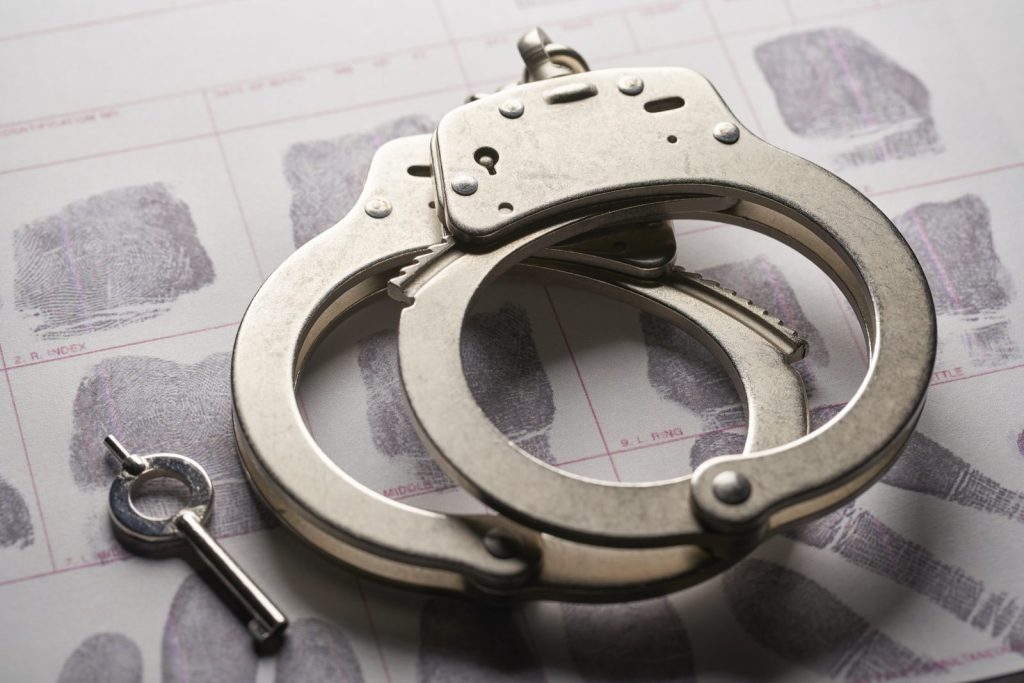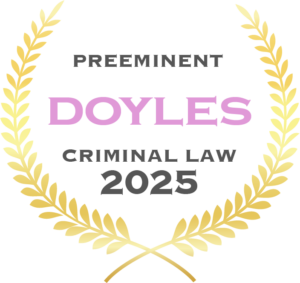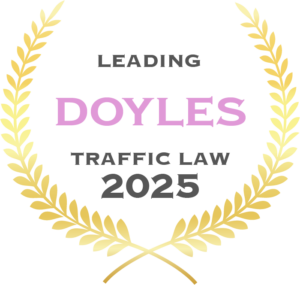Overview
The pill testing debate has gained significant media attention in recent months. It’s a debate that evokes strong opinions on both ends of the spectrum, with some people passionately advocating for pill testing, while others remain fiercely opposed to the idea.
For many young people, this weekend marks the first instalment of the summer festival season. Their voices will get a workout, and, if recent media reports are anything to go by, it’s likely that the Drug Misuse and Trafficking Act (DMTA) will too.
Possession of prohibited drugs
Section 10 of the DMTA outlines that any person who has a prohibited drug in his or her possession is guilty of an offence.
In order to prove this charge, the prosecution must prove beyond reasonable doubt that an individual:
1. Had a prohibited drug in their possession; and
2. They knew the prohibited drug was in their possession or believed the substance in their possession was likely to be a prohibited drug.
There are two different kinds of possession recognised by the law: physical possession and de facto possession.
As the term implies, physical possession is when the drug is physically in your custody. De facto possession is when the drug is not physically in your custody, but you have control of the drug.
Deemed supply provision
While most people are aware that it is an offence to possess a prohibited drug, many people may not realise that the offence with which you are charged depends on the quantity of the drug in your possession.
Under section 29 of the DMTA, a person who has in their possession a trafficable quantity of a prohibited drug shall be deemed to have the prohibited drug in their possession for the purpose of supply.
This is a far more serious offence with significantly higher penalties.
Trafficable quantities
The weight which constitutes a trafficable quantity varies for each drug. For cocaine and methylamphetamine it’s 3 grams, for MDMA/ecstasy it’s 0.75 grams and for cannabis, it’s 300 grams.
According to the global drug survey, the average weight of an ecstasy pill is between 0.2 to 0.3 grams. This means that if you have just three pills on you, you may be charged with possessing these drugs for the purpose of supply.
Does the purity of the drug matter?
In short, no. Section 4 of the DMTA outlines that any reference to a prohibited drug includes a reference to any preparation, admixture, extract or other substance containing any proportion of the prohibited drug.
This means that when police are determining the weight of a prohibited drug, they will weigh the entire substance and you will be deemed to possess the total weight of the drug.
For example, if an ecstasy pill is only 2% pure, it will be weighed as if the pill is 100% pure and the individual will be charged with possessing the total weight of the pill.
Key Takeaways
- The pill testing debate in Australia is divided, with significant attention on its potential benefits and risks.
- Possessing prohibited drugs, including small quantities, can lead to serious legal consequences.
- Laws deem possession of certain quantities as intent to supply, increasing penalties.
- Drug purity doesn't affect the legal weight of possession charges, impacting potential legal outcomes.
- Being aware of your rights regarding police searches is crucial in these situations.
Summary
Being convicted of a drug offence can have serious consequences for an individual. It may result in imprisonment, may affect your employment prospects or jeopardise your chances of securing a visa for travelling overseas.
The circumstances under which the police may stop and search you for drugs is outlined in the Law Enforcement (Powers and Responsibilities) Act 2002. It’s important to know your rights. You can read more about the rights you have when approached by police here.
If you need advice or representation for a drug-related or any other criminal matter please contact Hamilton Janke Lawyers 24 hours a day, seven days a week on 4038 1666 (office hours) or 0422 050 502 (24/7).
Written By

James Janke
James Janke is founding partner at Hamilton Janke Lawyers, and has more then decade of experience as a Criminal Defence Lawyer. Admitted to both the Supreme Court of New South Wales and High Court of Australia




